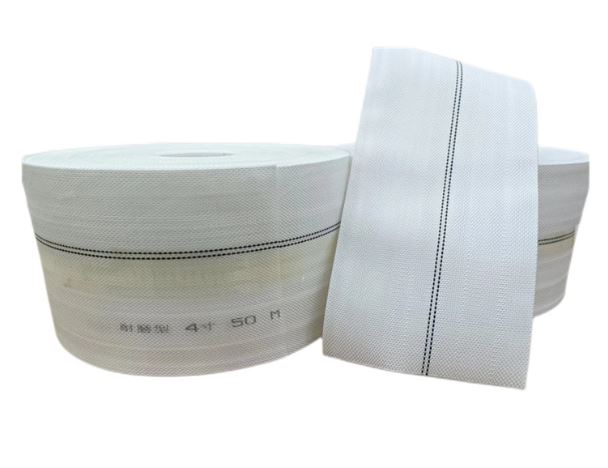flexible suction hose pipe
Understanding Flexible Suction Hose Pipes Applications and Benefits
Flexible suction hose pipes are essential components in various industries, serving a wide array of applications. Their versatility and adaptability make them a popular choice for tasks requiring the movement of liquids, slurries, and granular materials. This article will delve into the features, applications, and advantages of using flexible suction hose pipes.
What Are Flexible Suction Hose Pipes?
Flexible suction hose pipes are tubes made from durable materials, designed to transport fluids or solids. Typically constructed from rubber, PVC, or polyurethane, these hoses are engineered to withstand vacuum pressure and allow for easy movement and manipulation. Their flexibility enables the hose to bend and navigate around obstacles without compromising the integrity of the fluid being transported.
Key Features
1. Durability Flexible suction hoses are made from robust materials, ensuring they can endure harsh conditions, including high temperatures, chemicals, and abrasion.
2. Flexibility As the name suggests, these hoses are flexible, allowing them to be easily maneuvered in tight spaces. This feature is crucial for applications where rigid hoses would be impractical.
3. Variety of Sizes and Lengths Flexible suction hoses come in various sizes, diameters, and lengths to cater to different needs. This diversity ensures that users can find a hose that meets their specific requirements.
4. Lightweight Compared to traditional rigid pipes, flexible hoses are generally lighter, making them more manageable and reducing fatigue for operators during prolonged use.
5. Vacuum Capability These hoses can create suction, making them ideal for transferring fluids from low to high locations or for draining applications.
Applications of Flexible Suction Hose Pipes
flexible suction hose pipe

2. Construction In construction, these hoses are used for removing water from excavation sites, pumping concrete, and transferring mud or slurry.
3. Industrial Use Flexible suction hoses are prevalent in various manufacturing processes, particularly for moving liquids and granular materials. They are essential in chemical plants and food processing facilities for transferring substances safely.
4. Marine Applications In marine environments, these hoses are used for the transfer of fuel and wastewater, ensuring a smooth and safe operation while maintaining compliance with environmental regulations.
5. Vacuum Trucks Many vacuum trucks equipped with suction hoses utilize them for siphoning liquids and solids from various locations, including tanks and drainage systems.
Advantages of Using Flexible Suction Hose Pipes
- Efficiency The lightweight and flexible nature of these hoses allows for quick setup and efficient operation, saving time during project implementation.
- Reduced Wear and Tear Flexible hoses are designed to withstand extensive use and harsh conditions, which minimizes the need for frequent replacements.
- Improved Safety The flexibility and strength of these hoses reduce the risk of accidents associated with rigid pipes, especially in dynamic work environments.
- Cost-Effectiveness While the initial investment might vary, the durability and efficiency of flexible suction hoses can lead to significant long-term savings due to reduced maintenance and replacement costs.
Conclusion
In conclusion, flexible suction hose pipes are vital tools that enhance efficiency across various industries. Their durability, flexibility, and adaptability make them suitable for countless applications, from agriculture to heavy industry. Understanding the features and benefits of these hoses can help businesses make informed decisions regarding fluid transfer needs, ultimately leading to improved productivity and safety. As industries continue to evolve, the demand for innovative solutions like flexible suction hoses will likely grow, reinforcing their importance in modern operations.
-
Top Quality Oxy Acetylene Hoses for Sale Fit for Welding DemandsNewsJul.28,2025
-
The Future of Pneumatic Air Tubes in IndustryNewsJul.28,2025
-
Superior and Reliable LPG Hose Pipe Solutions for Every NeedNewsJul.28,2025
-
Exceptionally Durable and Versatile Premium Braided PVC TubingNewsJul.28,2025
-
Best Adapters for Connecting Garden Hose to PVC Pipe ConnectionsNewsJul.28,2025
-
The Essential Role of LPG Hoses in Safe and Efficient Gas DistributionNewsJul.16,2025














